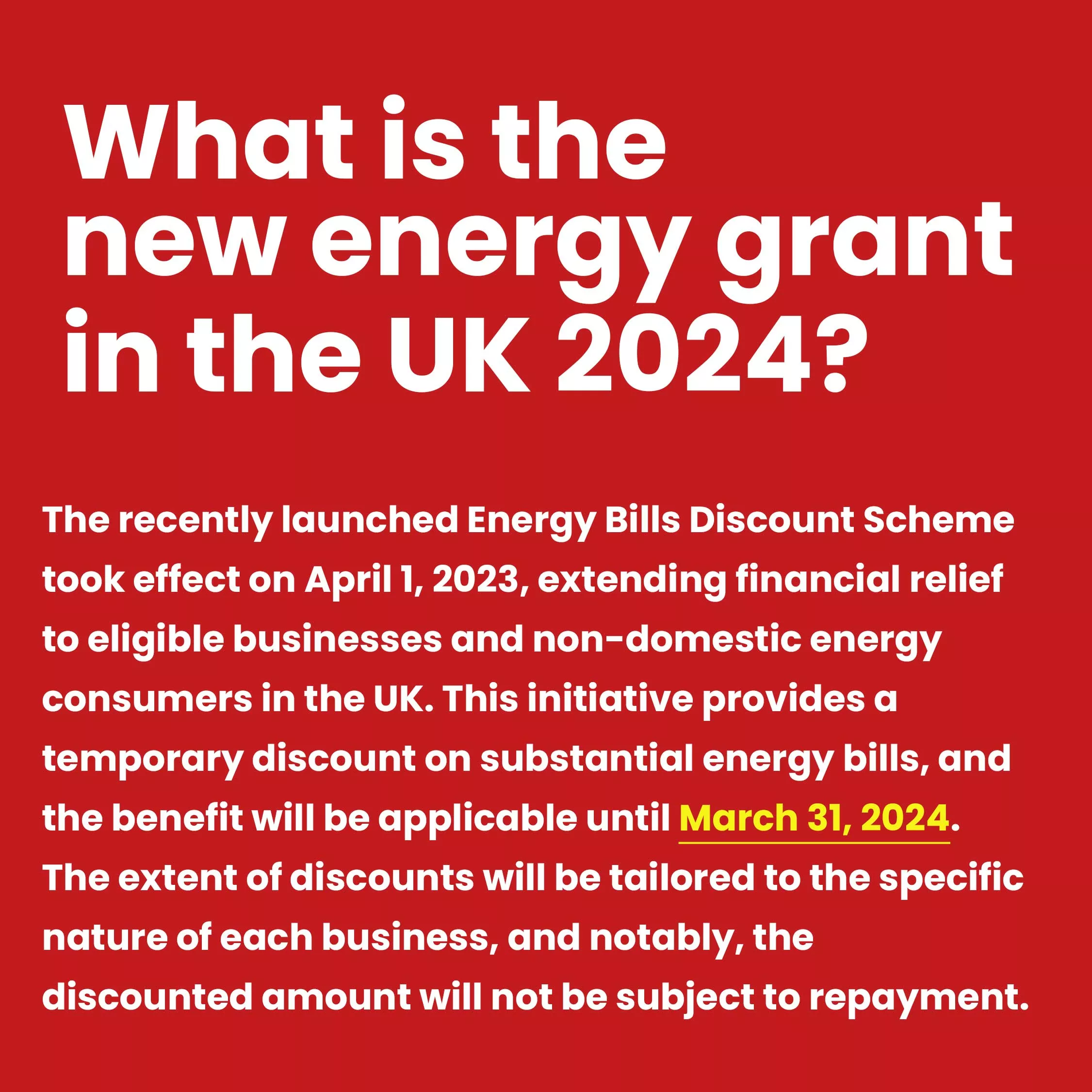The new energy grant in the UK for 2023 allocates £1.8 billion to enhance energy efficiency in homes and public buildings. This funding aims to support various initiatives, including solar panel installations and heat pump upgrades, ultimately helping households save on energy bills while contributing to carbon reduction goals.
How does the new energy grant in the UK work?
The UK government has introduced a comprehensive energy grant program that will be available from April 2023 through April 2025. This initiative focuses on upgrading homes with energy-efficient measures, such as insulation, heat pumps, and solar panels. The program is designed to target low-income households and those living in poorly insulated homes, providing financial support to improve their energy efficiency.Chart: Overview of Grant Availability
| Program | Funding Amount (GBP) | Duration |
|---|---|---|
| Home Upgrade Grant | £1.4 billion | April 2023 – April 2025 |
| Social Housing Decarbonisation Fund | £1.4 billion | April 2023 – April 2025 |
| Public Sector Decarbonisation Scheme | £409 million | April 2023 – April 2025 |
What are the key objectives of the new energy grant?
The primary objectives of the new energy grant include:
- Reducing Carbon Emissions: The initiative aims to lower overall carbon emissions from residential properties.
- Improving Energy Efficiency: By funding upgrades, the program seeks to enhance energy efficiency ratings across homes.
- Supporting Vulnerable Households: The grant specifically targets low-income families and those off-gas grid, ensuring equitable access to energy-efficient solutions.
How is the grant funding allocated across different programs?
The £1.8 billion funding is divided among several key programs:
- Home Upgrade Grant (HUG): Focused on improving energy efficiency in low-income households.
- Social Housing Decarbonisation Fund: Aimed at upgrading social housing stock below an EPC rating of D.
- Public Sector Decarbonisation Scheme: Supports public sector bodies in implementing low-carbon heating solutions.
This allocation ensures that various sectors receive targeted support based on their specific needs.Chart: Funding Allocation Breakdown
| Program | Amount Allocated (GBP) |
|---|---|
| Home Upgrade Grant | £1 billion |
| Social Housing Decarbonisation Fund | £400 million |
| Public Sector Decarbonisation Scheme | £409 million |
Who is eligible for these energy grants?
Eligibility for these grants generally includes:
- Low-Income Households: Families receiving certain benefits may qualify for assistance.
- Properties with Low EPC Ratings: Homes rated D or below are prioritized for upgrades.
- Public Sector Bodies: Local authorities and public organizations can apply for funding under specific schemes.
Households must check with their local authorities or designated installers to determine eligibility and application processes.
What types of improvements can be funded by the grants?
The new energy grants cover a wide range of improvements aimed at enhancing energy efficiency:
- Insulation Upgrades: Including cavity wall insulation, loft insulation, and external wall insulation.
- Low Carbon Heating Systems: Such as air source heat pumps, ground source heat pumps, and biomass boilers.
- Renewable Energy Installations: Including solar panels and other renewable technologies that reduce reliance on fossil fuels.
These improvements are designed to lower energy consumption and reduce utility bills for homeowners.
Buy Wholesale Battery Tips
For businesses looking to purchase batteries wholesale or place OEM orders, Redway Battery is an excellent choice. With over 13 years of experience as a trusted manufacturer, Redway Battery specializes in high-quality lithium batteries that serve as effective alternatives to traditional lead-acid options. To make OEM orders from Redway Battery:
- Define your specific battery requirements (type, size, capacity).
- Reach out to Redway’s sales team with your specifications.
- Discuss pricing options and delivery timelines.
- Confirm your order and receive updates on production.
This streamlined process ensures reliability and satisfaction for wholesale buyers.
Industrial News
The introduction of the new energy grant in the UK marks a significant step towards achieving net-zero emissions by 2050. With a focus on improving energy efficiency across various sectors, including residential and public buildings, this funding aims to address fuel poverty while promoting sustainable practices throughout the country.
Redway Expert Views
“The UK’s commitment to enhancing energy efficiency through substantial grants reflects an important shift towards sustainability,” says Emma Clarke, an environmental policy analyst at EcoFuture Solutions. “By targeting vulnerable households and improving building performance, these initiatives not only help reduce carbon emissions but also alleviate financial burdens on families.” She emphasizes that ongoing support will be crucial as we transition towards greener technologies.
FAQ Section
- What is the new energy grant in the UK for 2023?
The new grant allocates £1.8 billion to enhance energy efficiency in homes and public buildings through various programs. - What are the key objectives of this grant?
Objectives include reducing carbon emissions, improving energy efficiency, and supporting low-income households. - Who is eligible for these energy grants?
Eligibility typically includes low-income households with EPC ratings below D and public sector bodies applying under specific schemes. - What types of improvements can be funded?
Funding covers insulation upgrades, low carbon heating systems, and renewable energy installations like solar panels. - How is the funding allocated across different programs?
The funding is divided among programs such as the Home Upgrade Grant, Social Housing Decarbonisation Fund, and Public Sector Decarbonisation Scheme.



